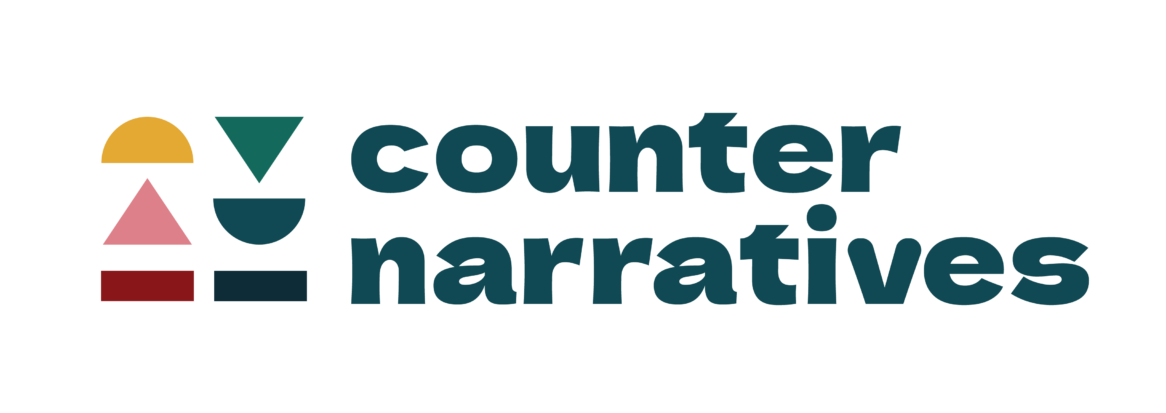Phezukonke Mthethwa is an activist, scholar and, author of The Struggle Was Betrayal. Currently, Phezukonke is the chairperson of a civil society organisation The Public Interest which, among other things, decampaigns donor complacency. Phezukonke is interested in Political Sociology, Liberation Studies, and Critical Race Theory. Phezukonke writes essays and feature columns for The Mercury (Durban, South Africa), interviews for radio and television, and at times presents at higher education circuits.
Q: How and what are the effects of apartheid in today’s South African context?
A: To answer this question might not be as difficult as it may seem. First, let me explain that essentially South Africa is the same country as it was during apartheid. The post-apartheid political reforms have not brought any radical change, specifically not in relation to economic transformation. It is contemporary public knowledge, based on World Bank’s Gini Coefficient study, that South Africa is the most unequal society in the world, having overtaken Brazil since 1994. Perhaps it might even be an understatement to say “the effects of apartheid”, when it is still very much alive. That is why, some of us, still prefer to use the term apartheid geography, even today. Black townships like Sharpeville, SOWETO, uMlazi, Mdansane, and man’s hostels, which were established to serve as cheap labour reserves, are still there and inhabited by poor Black people.
Q: Could you please specify more on the land question, women, education, media, segregation, policing, and healthcare?
When it comes to land, the ruling party (ANC) is flirting with the land crisis. Again, the problem here is that for the South African constitution, similar to constitutions of other neo-liberal countries, individual rights supersede group rights. In other words, property rights outweigh the majority of landless Black people. Women are disproportionately underemployed, uneducated, and work in the informal economy. The media is owned by white monopoly capital who peddle fake news, promote an anti-State narrative, and suffocate alternative and radical ideas. When it comes to policing, the situation is very tricky. The ruling party inherited a police system from the apartheid state, in which the police were at the heart of suppressing civil unrest. They had Bantustan police which served like buffer zones: to get to the apartheid institution, you first had to pass these reactionary Bantustan police. Now, in the so called ‘democratic dispensation’, all police forces were integrated into one police force. That is why South African police is incompetent, under resourced, corrupt, unreliable, etc. They have the weakest crime intelligence unit and there are many cases that will never be solved, at least not in our lifetime. When it comes to the healthcare system, there is a private health system for white and rich people and a public health system for Black and poor people. It’s mutandis mutandis for the educational system. Also, when it comes to housing, a hint has already been given in my early opening remarks, Black people live in squalor informal settlements, hostels, townships, and in rural areas with poor or no sanitation, while white and few Black elites live in suburbs and porch areas for ultra-rich whites.
Q: What is systemic racism today in South Africa?
A: Systemic racism, is a matter of semantics. Politically, apartheid laws have been repealed, which means that word and hate crimes are now a criminal offence; now you could go to jail for calling a Black man a “kaffer”. What it means in practice, is that society no longer talks about racism, even though everyone knows that it exists and is very well alive. That is why, in 2015, students have initiated one of the biggest campaigns in South Africa, calling for Free and Decolonized education. Systemic racism means that Black must be complacent with inequality, social injustice, economic exclusion, inferior health, housing, and educational systems. When it comes to media, systemic racism also means that Black is interpreted based on a single narrative, since there are no Black media houses and no Black publishers to offer alternative narratives.
Q: Are there organisations/initiatives working on reparations and how is this received by the white minority?
A: This is a very important question. Firstly, there is no campaign on reparations. Secondly, foreign aid is systematically manipulated so that Black organizations and Black radical social movements struggle and end up being forced to call it quits. I am a co-founder of Public Interest, which is a radical civil society organization. We will never get financial support. Our programs are paid out of our own pockets. I have written a book on the liberation struggle but all big publishers, who are mainly white owned, won’t publish my work since it was not in the spirit of reconciliation. Eventually, I decided to self-publish the book. White privilege means that white people have the audacity to run a civil society that is meant to advocate for social and economic redress and this situation is promoted by the complacency of foreign funders who are mainly from European countries. But in fact, any radical civil society that will advance radical changes needs to be led by those who were affected the most by apartheid. Thus, South African progressive whites who pledges support and allegiance to Black radical activists need to give space for Blacks to run a civil society in their own self-reliant accord.
